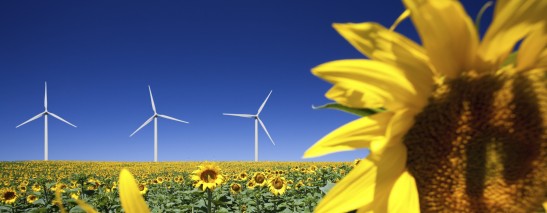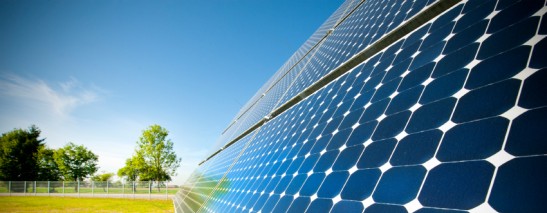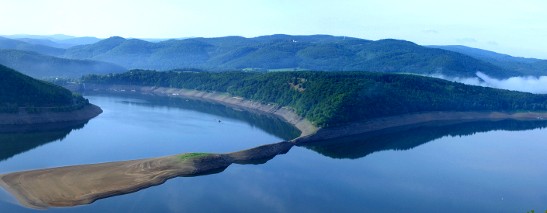Summary
stoRE dealt with the non-technological barriers to energy storage, creating the right regulatory and market conditions that give incentives for the development of energy storage infrastructure to the extent necessary for the accommodation of the planned renewable energy installations to the electricity grid.
A consensus among all key actors was reached about the necessary adaptation of the European Energy framework and policies, developing concrete recommendations and planning their implementation. Similar work was done in the six target countries (Austria, Denmark, Germany, Greece, Ireland and Spain), leading to improvements of the policies, legislation and market mechanisms.
The possible positive and negative impacts of the different energy storage options on the environment were also assessed and the considerations of the relevant actors were taken into account. Consultation processes, policy debates and communication activities ensured that the project is open to all key actors and target groups, with results representing the whole energy sector and the society.
Project’s results
During its lifetime the project managed to:
- Fully examine the environmental performance of energy storage installations, removing unnecessary barriers from the environmental regulations while ensuring that the environment is fully protected.
- Identify, assess and review together with key stakeholders the European regulatory and market framework conditions
- Identify, assess and review together with the key stakeholders the regulatory and market framework conditions in the target countries of Germany, Spain, Denmark, Greece, Ireland and Austria.
- Engage key actors at European and national level, especially policy makers, and implement the stoRE action plans for regulatory reform, paving the way for increased energy storage capacity and renewable energy penetration
- Improve the understanding among stakeholders and the general public of the role energy storage can play in a sustainable energy future
Success stories
As a result of the project’s activities, the project partners would like to report the following success stories:
- The stoRE project developed recommendations for improving the regulatory and market framework conditions that affect energy storage on a European level. It is the first time that recommendations are developed taking into account the views from actors representing all different views and interests. As a result they have been well received and have contributed to the on-going dialogue, for example through an event in the high-level policy conference during EUSEW 2013 and in a meeting with the European Commission, addressing DG Energy and DG Research. It has been also recognised in the IEA’s energy storage roadmap, where in the "Examples of government actions that have positively supported energy storage technology deployment", under European Union stoRE is the only initiative mentioned. One of the project's recommendations was that the Cost Benefit Analysis Methodology (CBA) used by ENTSO-E to assess the projects of Common Interest (PCI) should be revised in order to assess fairly the energy storage projects. In the meantime, the European Association for the Storage of Energy (EASE) has taken action and has contributed to the revision of the CBA as recommended.
- The stoRE guidelines for developing new bulk Energy Storage facilities in environmentally sensitive areas provided project developers with an important tool that allows them to comply with the requirements of the relevant legislation, including the provisions of the Birds and Habitats Directive. The European Commission is also using this publication as input in their effort to develop guidelines for the development of hydro projects in environmentally sensitive areas which will be available in autumn 2014.
- A lot has been also achieved on the national level in the target countries. As a result of the project activities an Energy Storage Platform was established in Spain with involvement of the respective ministry and more than 30 key actors. As a follow up of the stoRE project, Energienet, the Danish TSO, has decided to contract the project partner EMD to develop a tool that simulates commercial strategies for the operation of storage units in the intraday market. In Greece the interest of the State to promote the storage of electricity is now reflected in the priorities of the new National Strategic Framework for Research and Innovation.
Lessons learnt
- Even if we assume the existence of a supergrid there is a certain need for new energy storage capacity in Europe. This need for storage has to be recognized at EU/national policy level in order to facilitate project development.
- The framework conditions such as the power system characteristics, the market operation and the regulations vary significantly from one Member State to another creating an environment for energy storage that does not reflect the relevant needs.
- There is a lack of wide acceptance of the need for storage, limited understanding of the challenges and no common vision of the future of energy storage among the relevant stakeholders.



